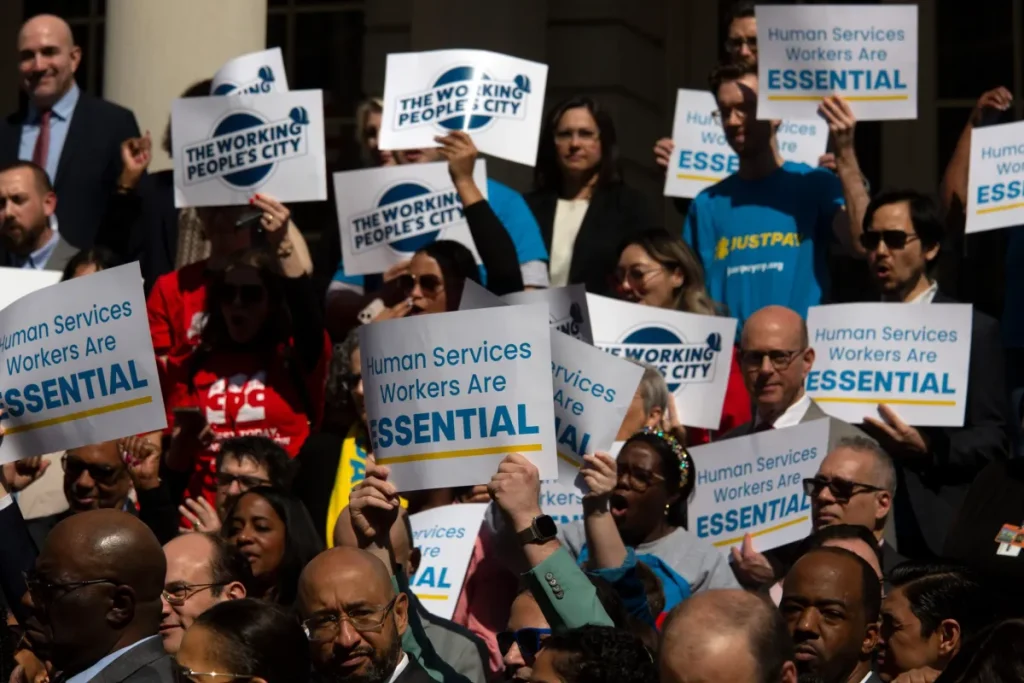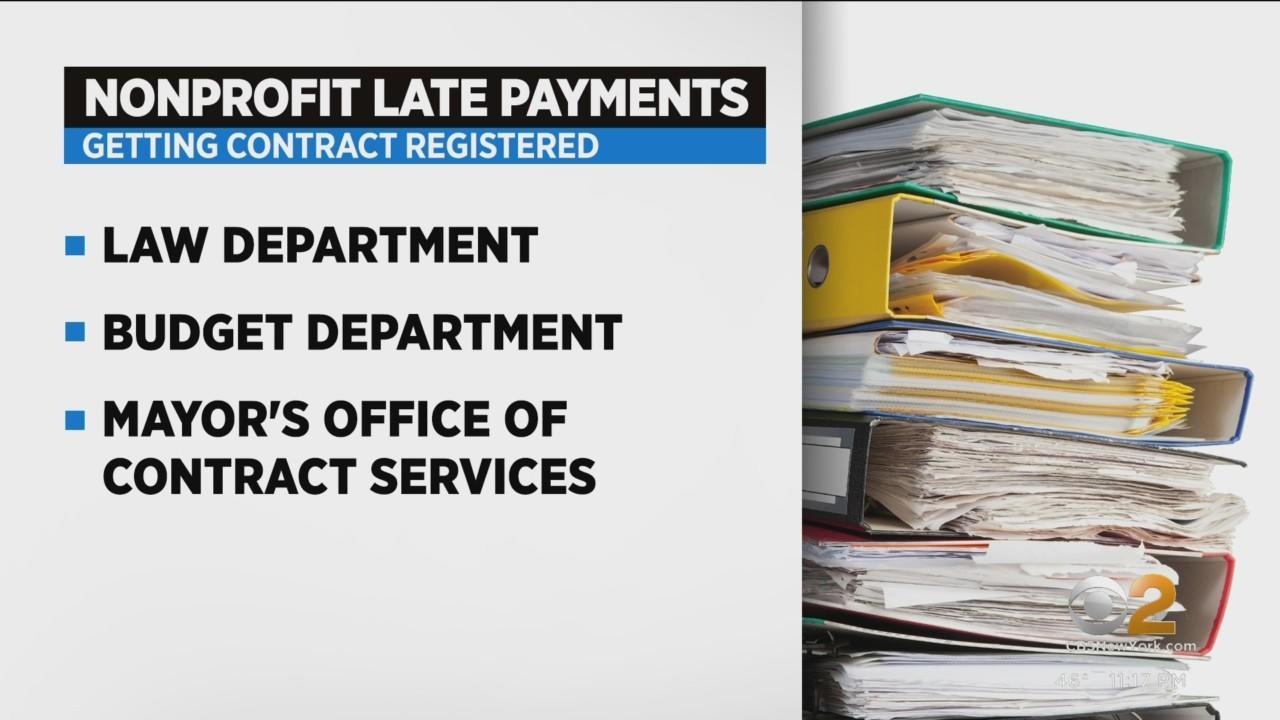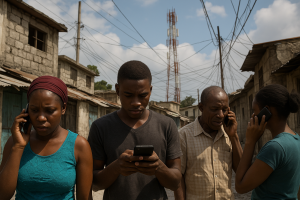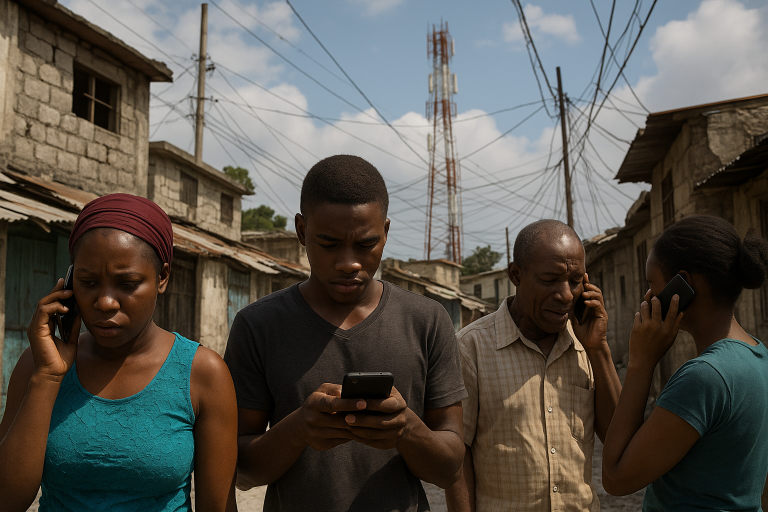In New York City, nonprofits play a vital role in supporting local communities, especially those serving immigrant populations. However, chronic late payments from the city are forcing many organizations, including those focused on the Haitian community, to make difficult decisions about program cuts and staff layoffs. This situation is not just a financial inconvenience; it threatens the very fabric of community support that these organizations provide.
The Impact of Delayed Payments
Late payments have become a systemic issue for nonprofits across New York City. Organizations that rely on city contracts to fund their programs often face delays of several months or even longer before receiving reimbursement for services rendered.
- Financial Strain: Nonprofits typically operate on tight budgets with minimal cash reserves. When payments are delayed, they struggle to cover payroll, rent, and essential services. For many, this means cutting back on programs that directly benefit the community.
- Program Reductions: A Haitian nonprofit in Brooklyn recently announced it would have to reduce its afterschool programs due to unpaid invoices from the city. This decision affects dozens of children who rely on these services for academic support and social engagement.
As Marie-Louise, the director of the nonprofit, explained, “We want to help our community, but without timely funding, we can’t keep our doors open. It’s heartbreaking.”
The Broader Context
The issue of late payments is not isolated to one organization or community. Across the city, nonprofits serving various populations report similar struggles.
- Community Services at Risk: Organizations providing critical services—such as food assistance, legal aid, and educational support—are at risk of shutting down or drastically reducing their offerings. This is particularly concerning for those serving marginalized communities.
- A Cycle of Instability: The delays create a cycle where nonprofits are forced to borrow money or take out loans to stay afloat. This further exacerbates their financial instability and can lead to layoffs and reduced service capacity.
Voices from the Ground
Community leaders and nonprofit directors are speaking out about the dire consequences of these payment delays.
- Personal Stories: “We’ve had to cut back on mental health services because we simply don’t have the funds,” said Jean-Pierre, a program manager at a Haitian cultural center. “Our clients depend on us for support during tough times, and it’s devastating to let them down.”
- Community Response: Many community members are unaware of the financial struggles facing these nonprofits. As one parent noted, “I thought everything was fine until my child’s afterschool program was canceled. We need these resources now more than ever.”
The Role of Government
The city government has acknowledged the issue but has yet to implement effective solutions.
- Systemic Challenges: The contracting process for nonprofits is notoriously complex and lengthy. Many organizations report waiting up to nine months for contracts to be approved and payments processed.
- Calls for Reform: Advocacy groups are urging city officials to streamline the payment process and ensure that nonprofits receive timely reimbursements. “Nonprofits are essential to our city’s infrastructure,” said a representative from a local advocacy group. “Without them, many vulnerable populations would be left without support.”
Solutions in Sight
While the situation is dire, there are potential solutions that could alleviate some of the financial strain on nonprofits.
- Bridge Funding Initiatives: Some organizations have turned to bridge funding programs designed to provide short-term financial relief while waiting for government payments. These programs can help cover immediate expenses like payroll and rent.
- Policy Changes: Advocates are pushing for policy changes that would require the city to pay nonprofits upfront or provide advances on contracts. This would help stabilize organizations and allow them to plan their budgets more effectively.

Building Community Resilience
Despite the challenges posed by late payments, many Haitian nonprofits are finding ways to adapt and continue their work.
- Community Engagement: By engaging with community members and stakeholders, organizations can raise awareness about their struggles and build support networks. This engagement can also foster collaboration among nonprofits to share resources and strategies.
- Innovative Fundraising: Some organizations are exploring new fundraising avenues, such as crowdfunding campaigns or partnerships with local businesses. These efforts can help supplement lost revenue while waiting for government reimbursements.
The Human Cost of Cuts
The cuts resulting from late payments have real consequences for individuals who rely on nonprofit services.
- Vulnerable Populations: Many clients served by these organizations belong to vulnerable populations—immigrants, low-income families, and those facing housing instability. Reductions in services can exacerbate their already precarious situations.
- Long-Term Effects: The long-term effects of service cuts can ripple through communities, leading to increased hardship and instability. As one community member put it, “When our programs go away, so does hope.”
As New York City grapples with these challenges, it is crucial for both government officials and community members to advocate for change.
- Raising Awareness: Increased public awareness about the struggles faced by nonprofits can lead to greater advocacy efforts aimed at reforming payment processes.
- Collective Action: By uniting voices from various sectors—nonprofits, community members, and policymakers—there is potential for meaningful change that ensures timely funding for essential services.
The late payment crisis facing NYC Haitian nonprofits is not just a financial issue; it is a matter of social justice. As these organizations fight to maintain their programs amidst financial uncertainty, it is imperative that we rally around them in support.Advocating for timely payments is essential not only for the survival of these nonprofits but also for the well-being of countless individuals who depend on their services. Together, we can work towards a more equitable system that values the contributions of all community organizations.












Add a comment